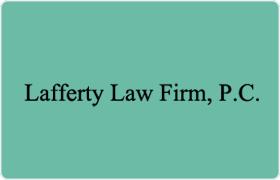Fosterville Bankruptcy & Debt Lawyer, Tennessee
Sponsored Law Firm
-
 x
x

Click For More Info:
-
Lafferty Law Firm, P.C.
1321 Murfreesboro Pike Suite 521 Nashville, TN 37217» view mapBankruptcy & Debt Over 30 Years Of Experience
Susan S. Lafferty is a CPA and Attorney who enjoys helping people with financial problems. She is located in Nashville, TN where she has lived for over 30 years.
800-936-9071
FREE CONSULTATION
CONTACTMichelle Day Reynolds
Alimony & Spousal Support, Adoption, Banking & Finance, Bankruptcy
Status: In Good Standing
FREE CONSULTATION
CONTACTAdam Tucker
Litigation, Labor Law, Civil Rights, Reorganization
Status: In Good Standing Licensed: 23 Years
Adam Ford Tucker
Litigation, Labor Law, Civil Rights, Reorganization
Status: In Good Standing Licensed: 16 Years
Andrew Thomas Helton
Administrative Law, Reorganization, Products Liability, Labor Law
Status: In Good Standing
Andrew Thomas Helton
Insurance, Estate Planning, Bankruptcy, Products Liability
Status: In Good Standing Licensed: 7 Years
 Susan Lafferty Nashville, TN
Susan Lafferty Nashville, TN Practice AreasExpertise
Practice AreasExpertise
